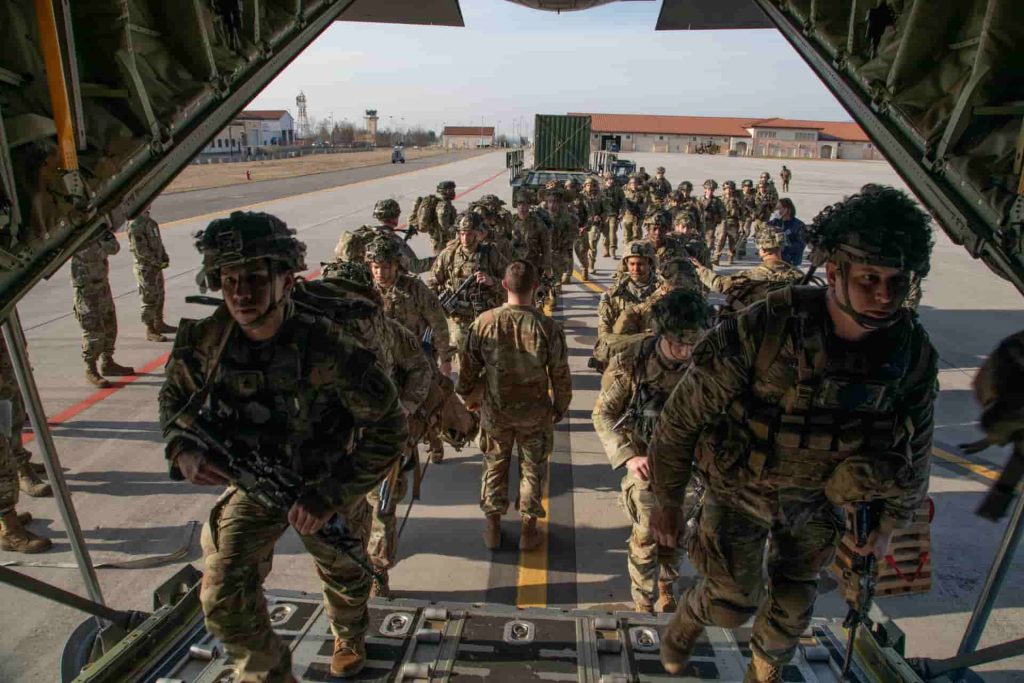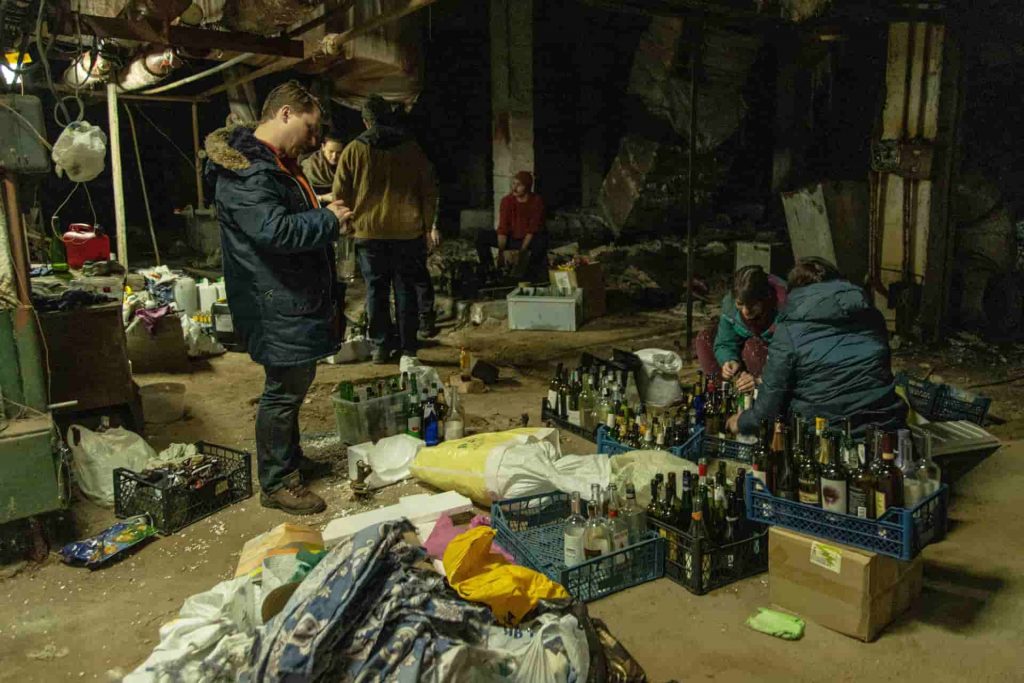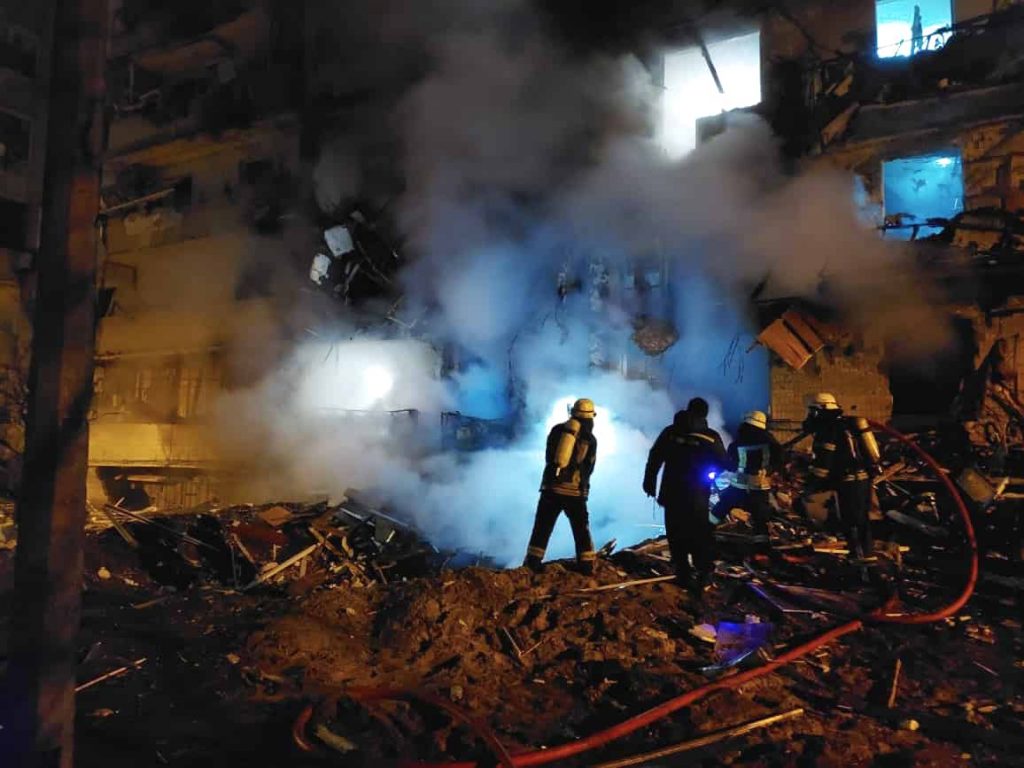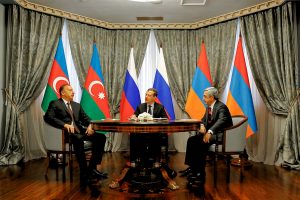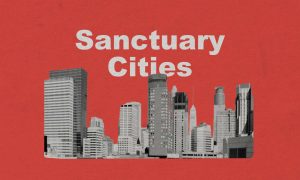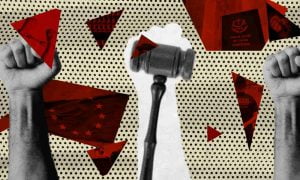Ukraine’s fate may be rooted in its heartbreaking past. In this photo timeline, which consists of more than 35 photos and 12 painful events, we’ll guide you through the county’s tragic history.
Ukrainian War of Independence (1917 to 1921)
From 1917 to 1921, with the invasion of Bolsheviks, a series of conflicts and battles led to the establishment of the Ukrainian Republic.
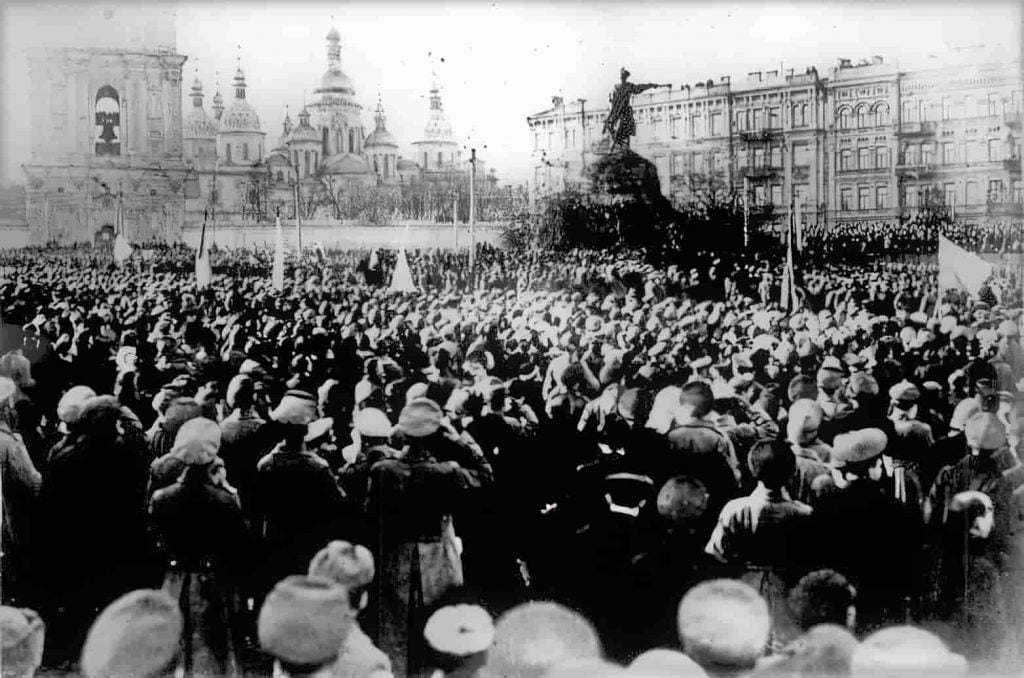
Holodomor (1932 to 1933)
Holodomor, meaning to kill by starvation, is another dark chapter in Ukraine’s history. It is widely believed that the famine was orchestrated by Joseph Stalin to impose collectivism and tamp down Ukrainian nationalism. Hunger was so common that the Soviet regime convicted more than 2,500 people for cannibalism.
The incident left an estimated 4 million Ukrainians dead. Today, many countries have signed various declarations affirming that the Holodomor was a “national tragedy of the Ukrainian people” orchestrated by the “cruel actions and policies of the totalitarian regime”.
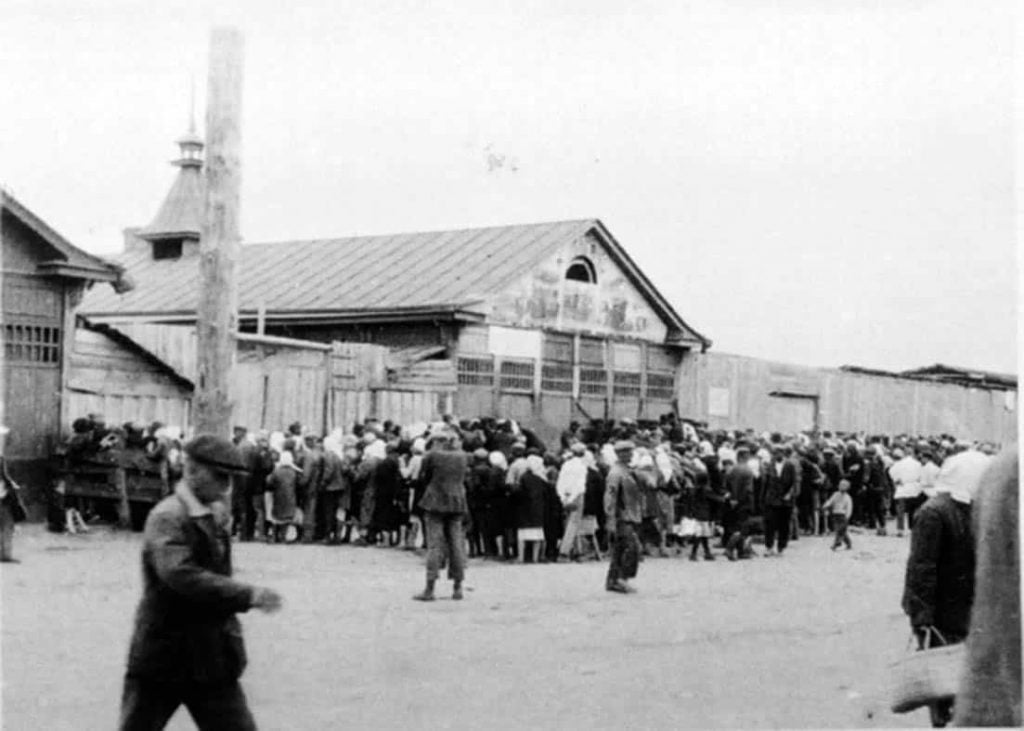
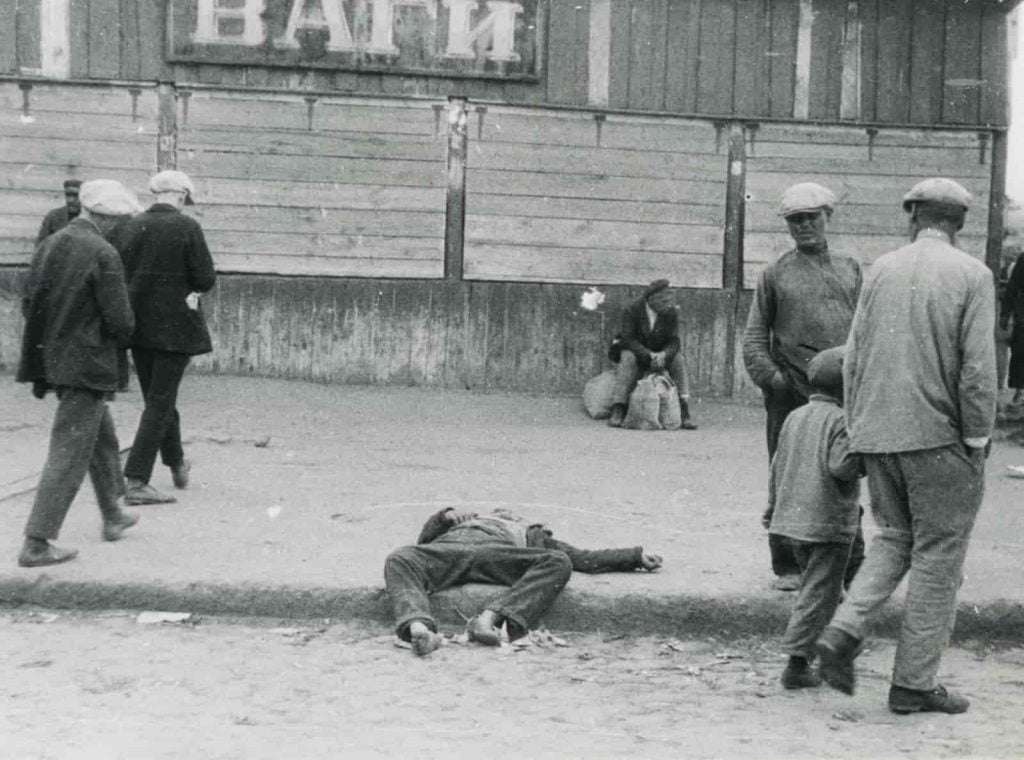
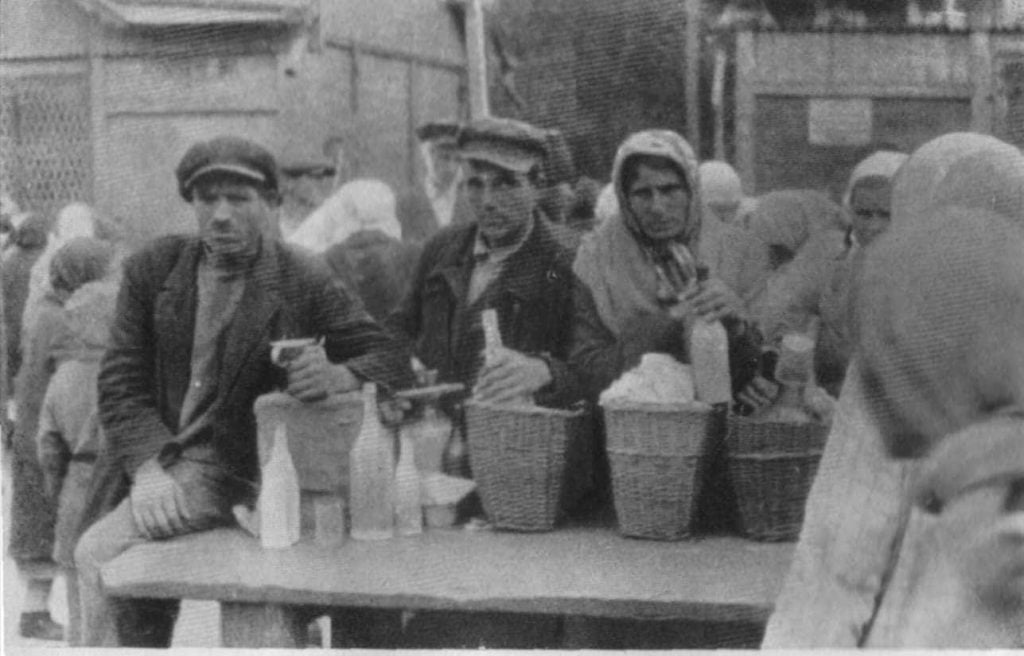
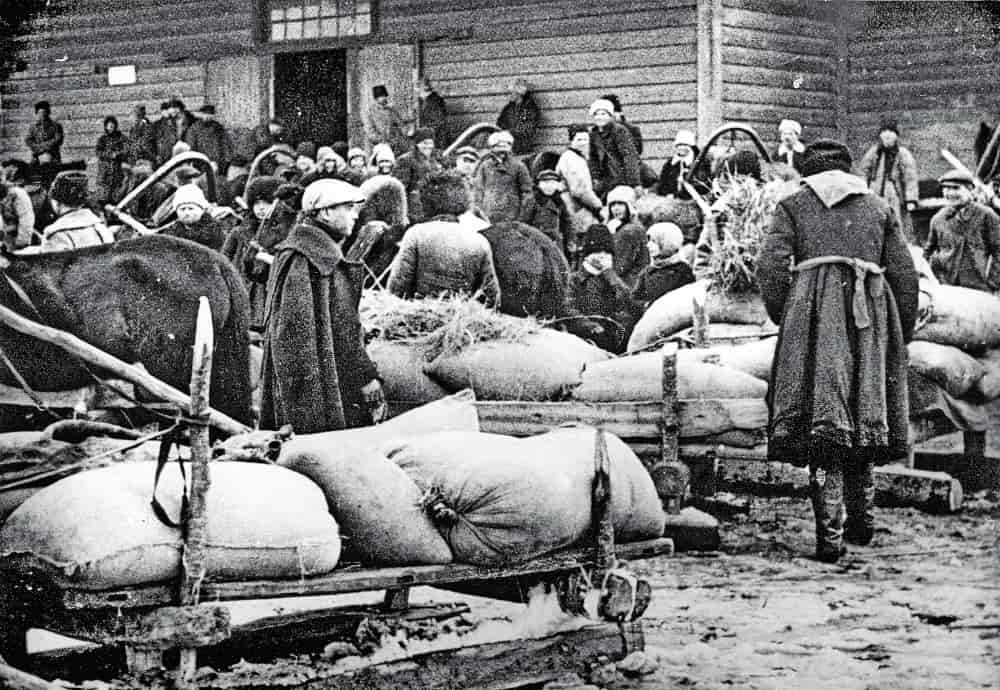
The Nazi occupation of Ukraine or Reichskommissariat Ukraine (1941 to 1944)
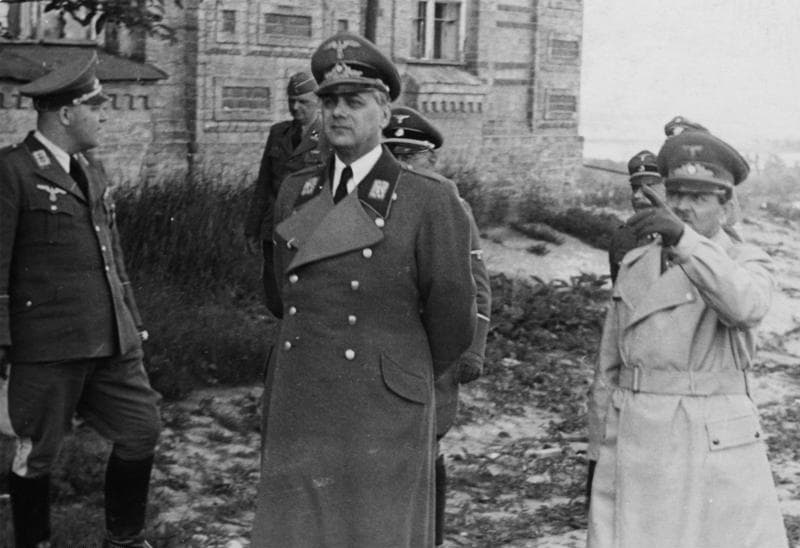
The 1941 occupation of Nazi Germany of Ukraine marked a tragic era in the country’s history. It is estimated that the operation headed by Alfred Rosenberg led to the deaths of 1.6 million Jews and 3-4 million non-Jewish Ukrainians.
Alfred Rosenberg was captured by Allied troops in 1945 and was tried at Nuremberg. He was found guilty of four counts: conspiracy to commit crimes against peace; planning, initiating and waging wars of aggression; war crimes; and crimes against humanity. He was hanged on the morning of 16 October 1946.
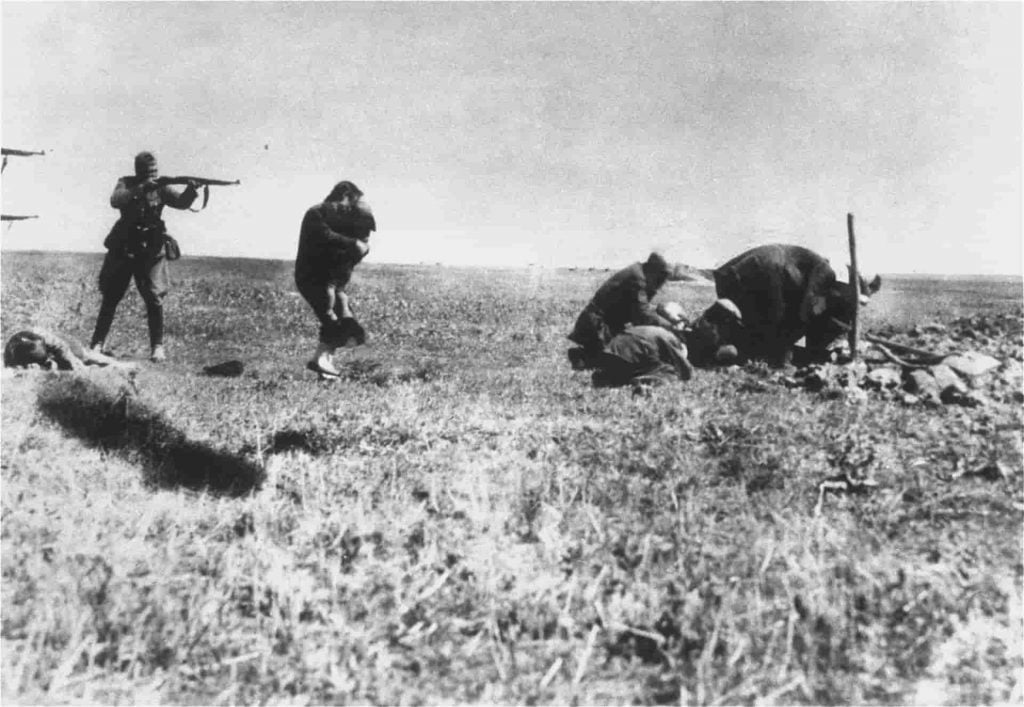
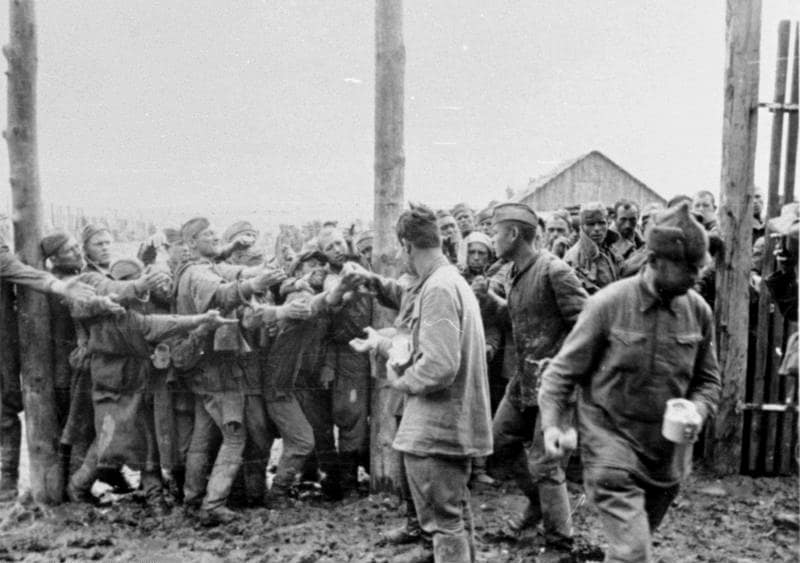
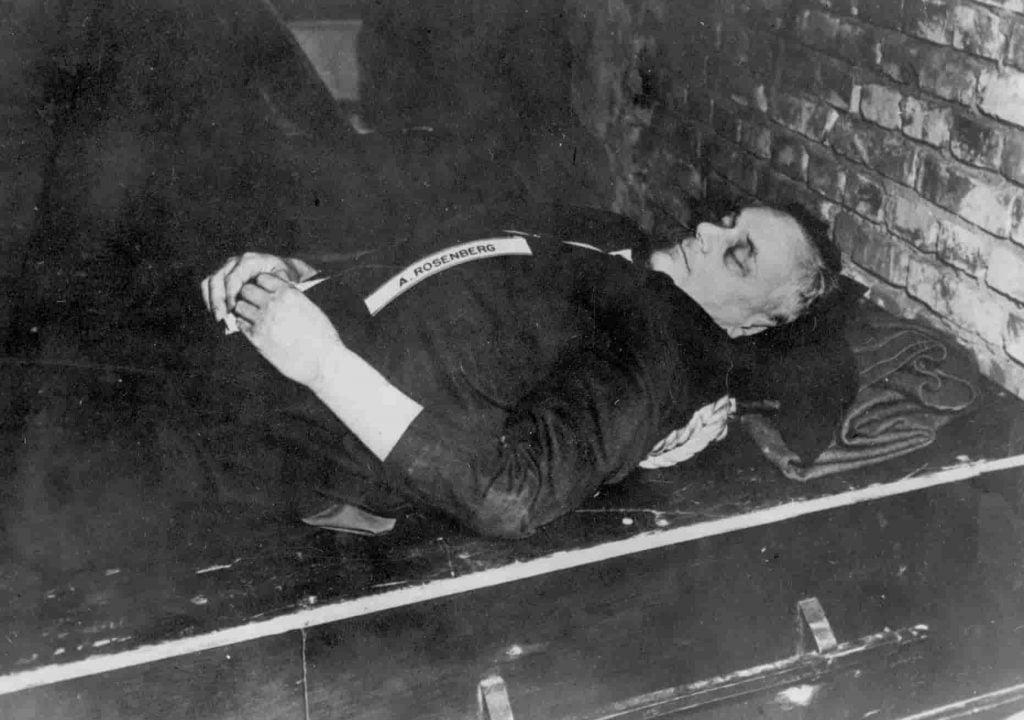
The explosion Chernobyl nuclear power plant (1986)
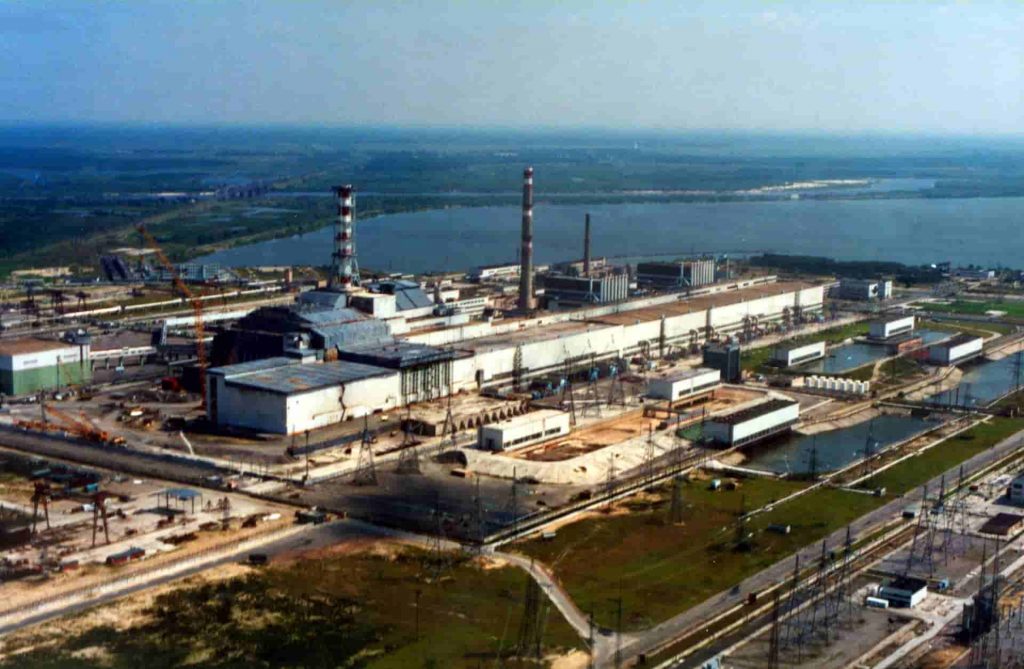
On 26 April 1986, as a result of a flawed design, a reactor in the Chernobyl nuclear power plant exploded, resulting in the worst nuclear reactor accident in living history. To this day, the area around the Power Plant remains so contaminated that it’s officially closed off to human habitation.
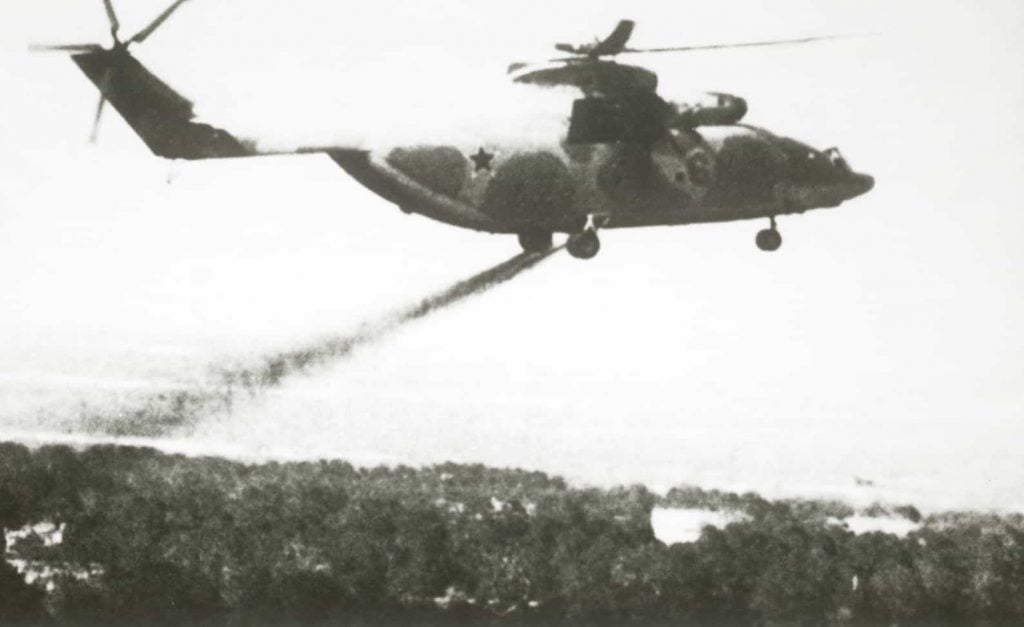
The dissolving of the Soviet Union and the independence of modern Ukraine (1991)
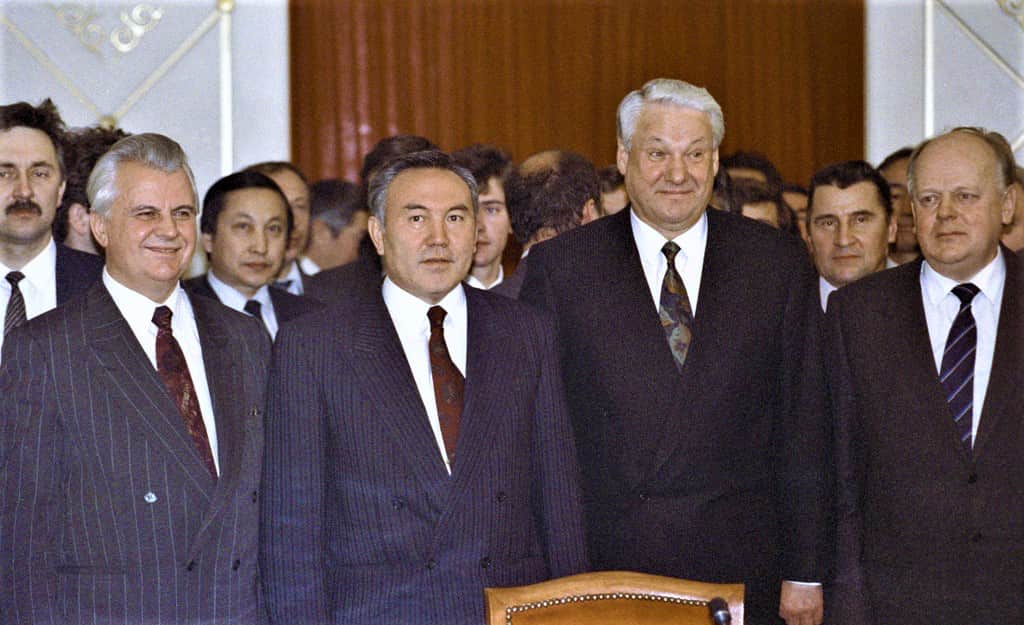
On March 17, 1991, the Soviet Union (USSR) conducted a referendum, asking territories if they would like to remain a part of the USSR, or go their separate ways. After the 1991 Soviet coup d’état attempt to get rid of Gorbachev, on 24 August 1991 the Ukrainian parliament adopted the Act of Independence.
Leonid Kravchuk became the first president of Ukraine and signed the Agreement to eliminate the USSR and establish the Commonwealth of Independent States.
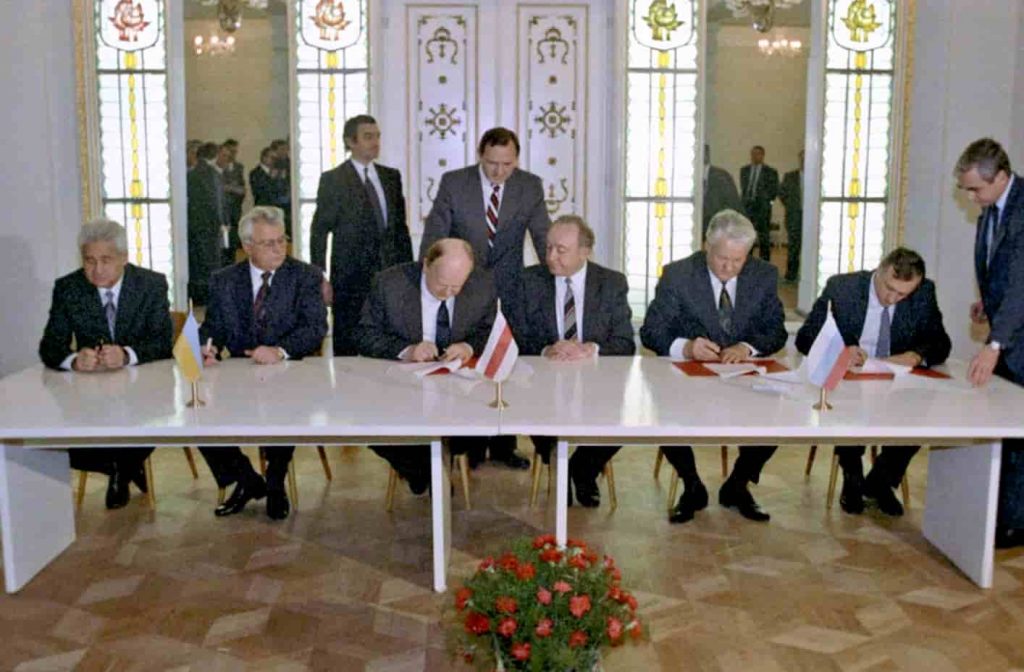
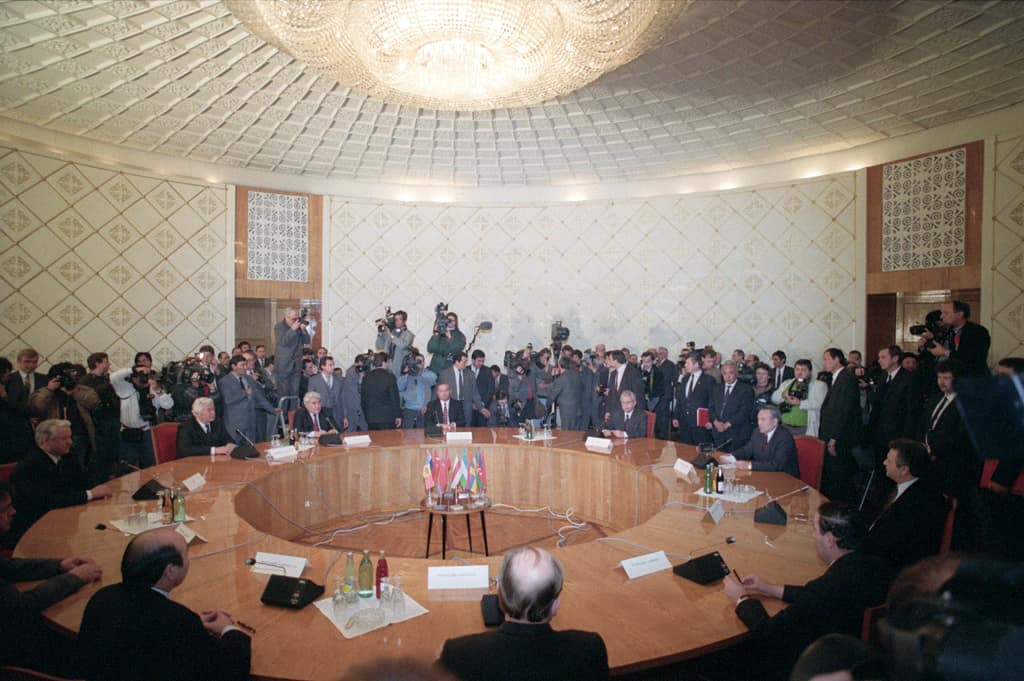
Ukraine without Kuchma (2000-2001)
In the late 2000s after the revelation of the “Cassette Scandal”, whereby the Ukrainian President Leonid Kuchma was caught on tape ordering the kidnap of journalist Georgiy Gongadze, numerous protests took place around Ukraine. Amongst the protesters’ demands was the resignation of president Leonid Kuchma.
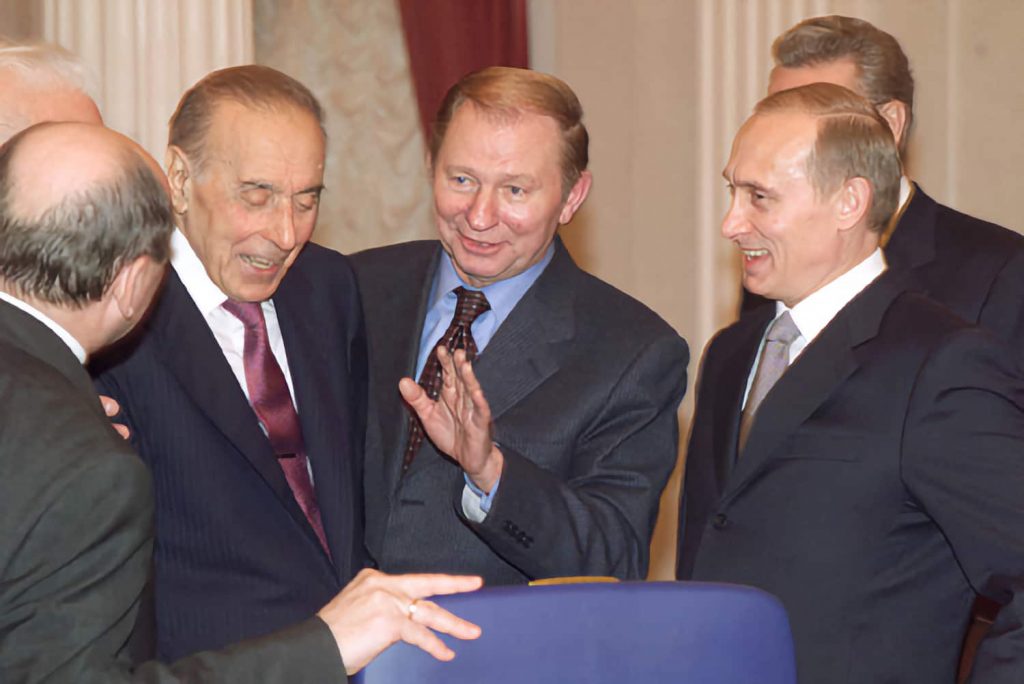
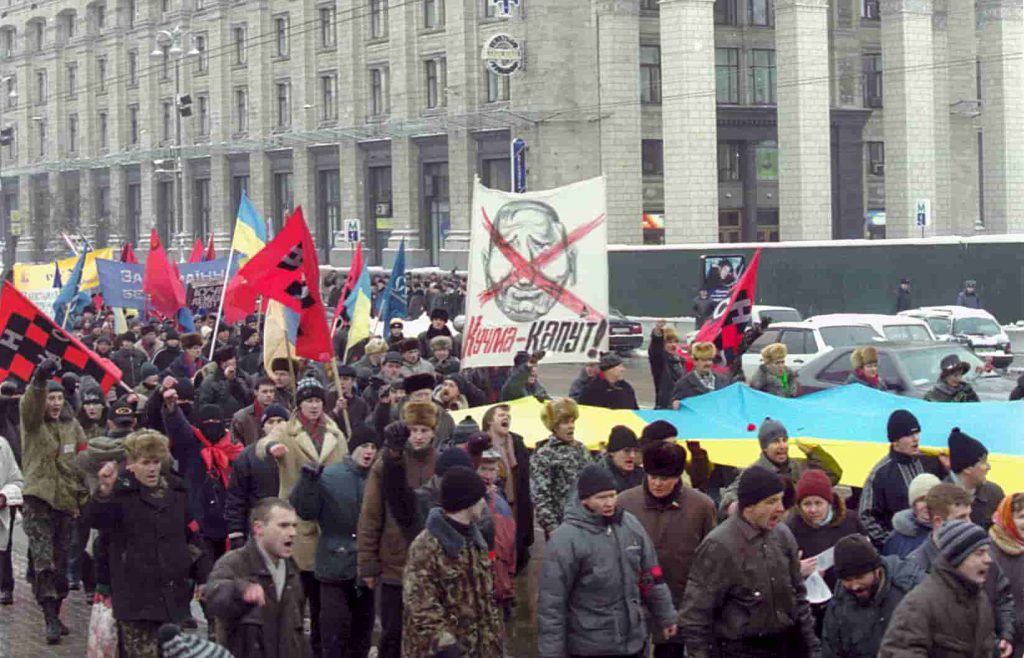
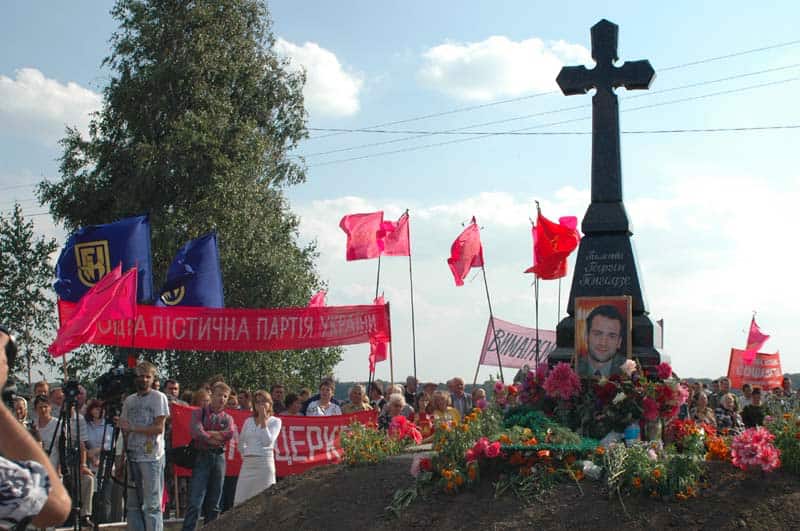
The ousting of Yanukovych and the Orange Revolution (2004-2005)
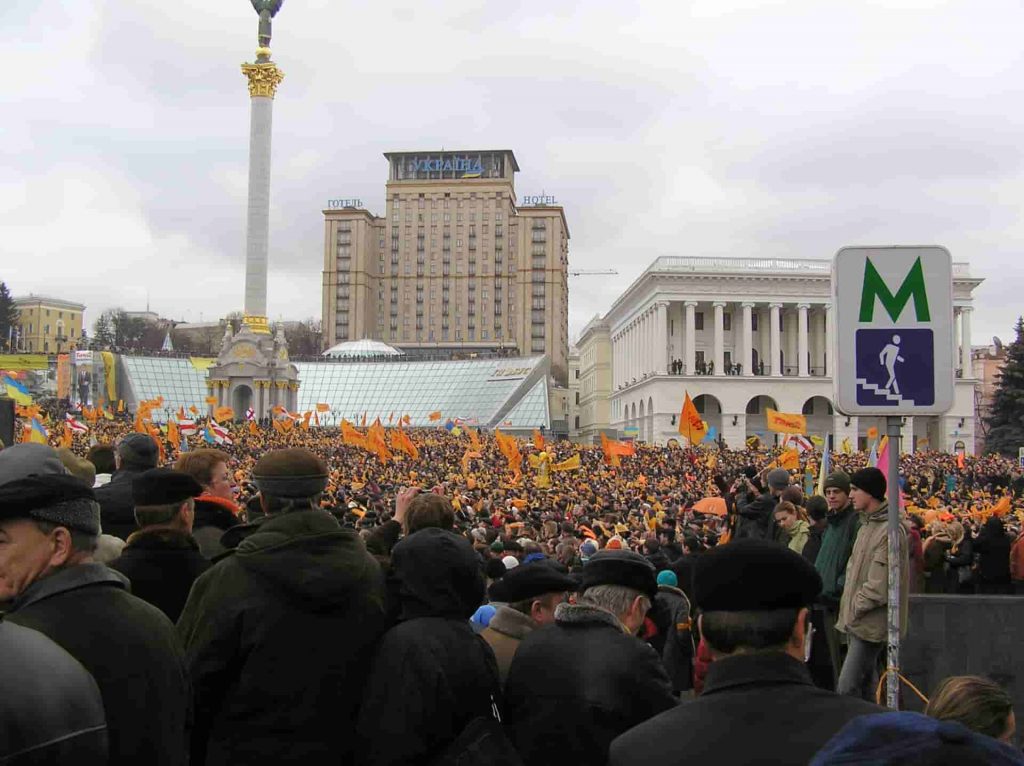
The fourth presidential election following the independence from the Soviet Union almost entered Ukraine into a civil war. The two running candidates were Yanukovych (from a pro-Russian party) and Yushchenko (who was an independent). On the 23rd of November 2004, it was announced that the pro-Russian candidate Yanukovych had won the election. The result was, however, challenged by Yushchenko and the international community who were observing the elections, claiming the election was marred by massive corruption, voter intimidation and electoral fraud.
The event led to large protests across Ukraine which became known as the orange revolution, as orange was Yushchenko’s election campaign colour.
On December 3, the Supreme Court ruled that the election was invalid and ordered a new runoff. Yushchenko subsequently defeated Yanukovych by garnering some 52 percent of the vote and became the third President of Ukraine.
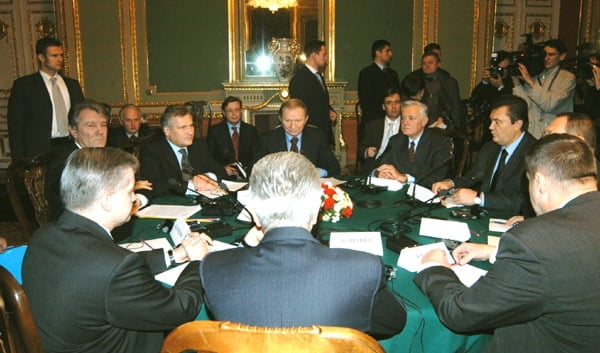
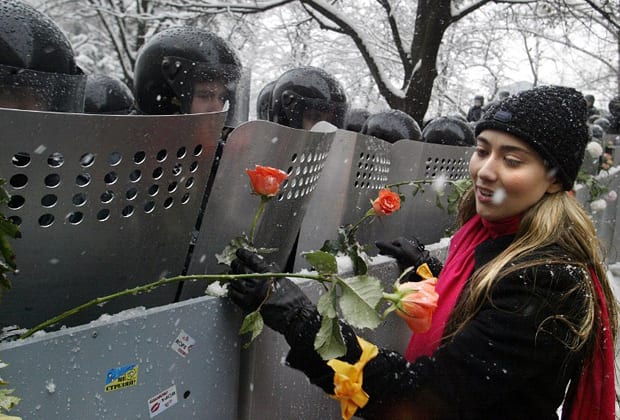
Revolution of Dignity and Euromaidan movement (2013-2014)
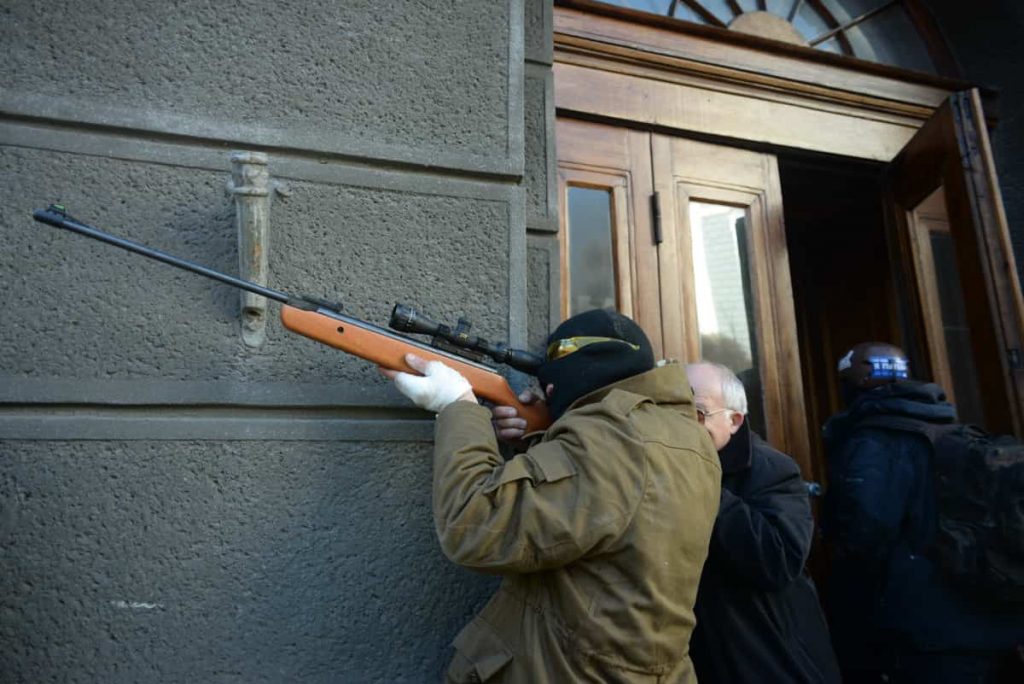
In 2010 Viktor Yanukovych, the pro-Russian presidential candidate who rigged the elections in 2004 that led to the orange revolution, was serving as the president of the country. The year 2014 however, marked an end to his time in office after his government decided to suspend the signing of the agreement between Ukraine and Europe, which would have led to greater integration between the two parties, in favour of closer ties with Russia and the Eurasian Economic Union.
Following the decision, a series of protests broke out in Ukraine which resulted in about 800 people being killed and thousands wounded. Protestors demanded the signing of the EU Association Agreement and Free Trade Agreement, the impeachment of President Viktor Yanukovych, snap elections and the rejection of the Russian Customs Union membership.
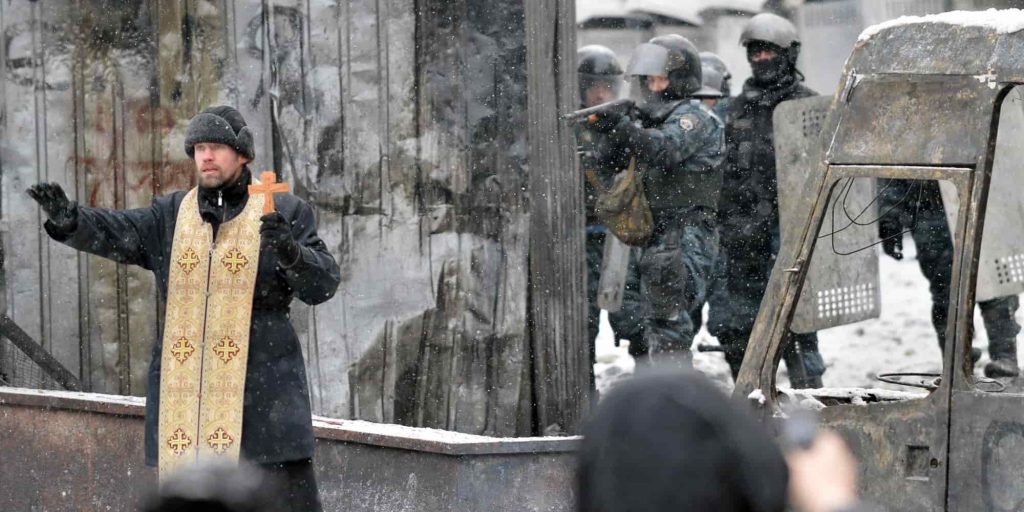
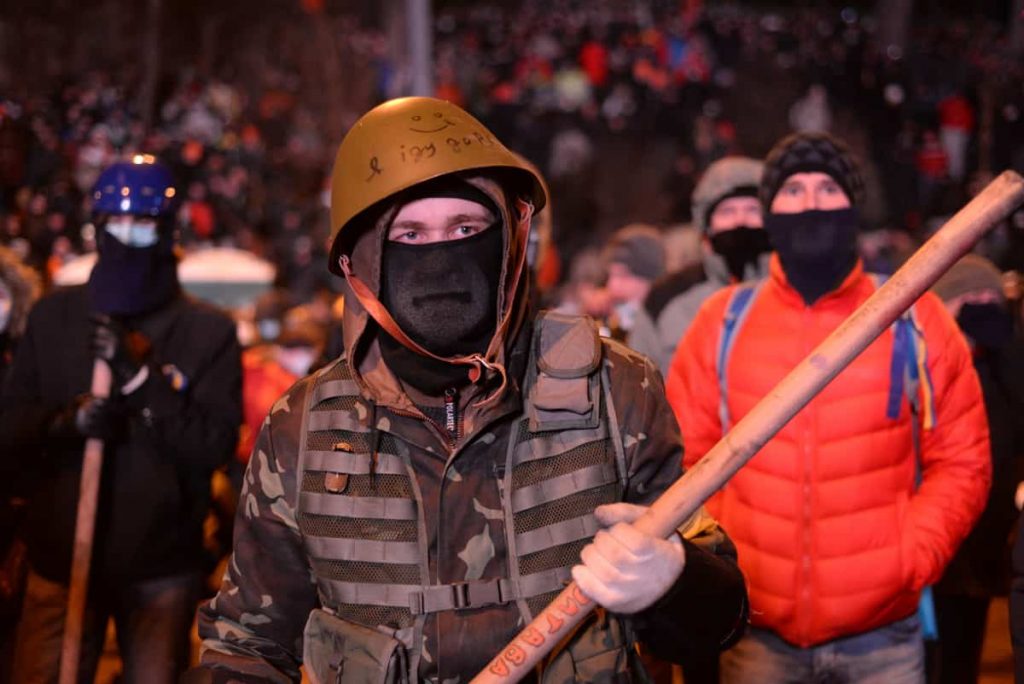
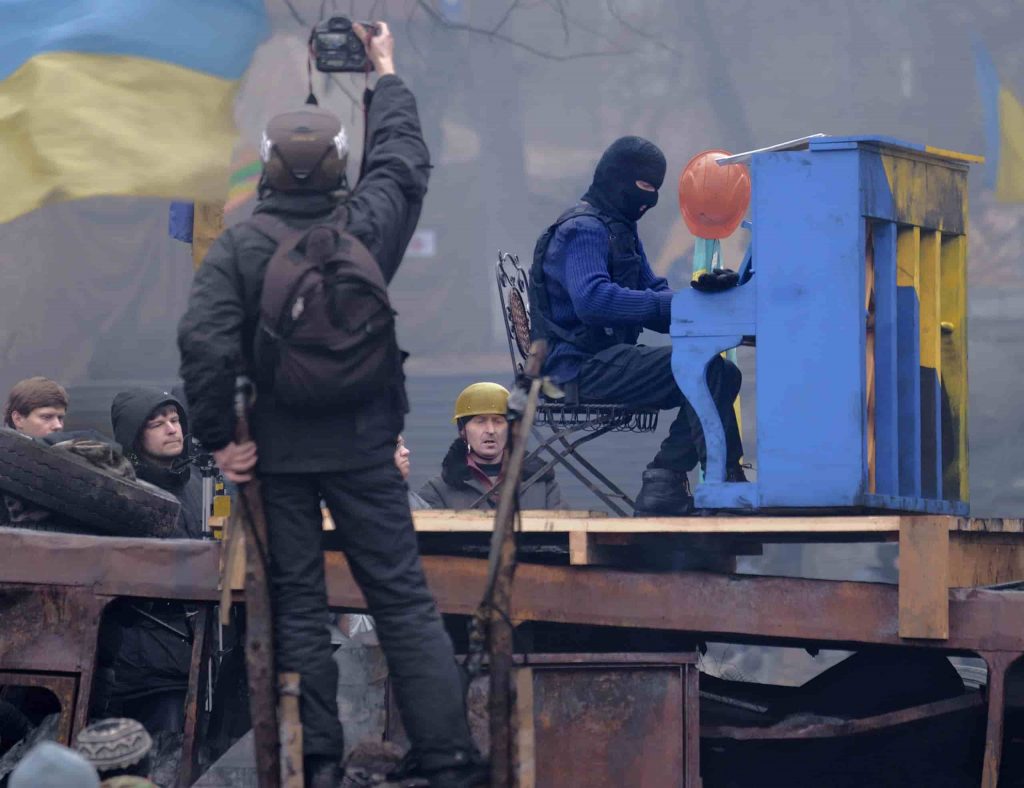
War in Donbas (2014-2015)
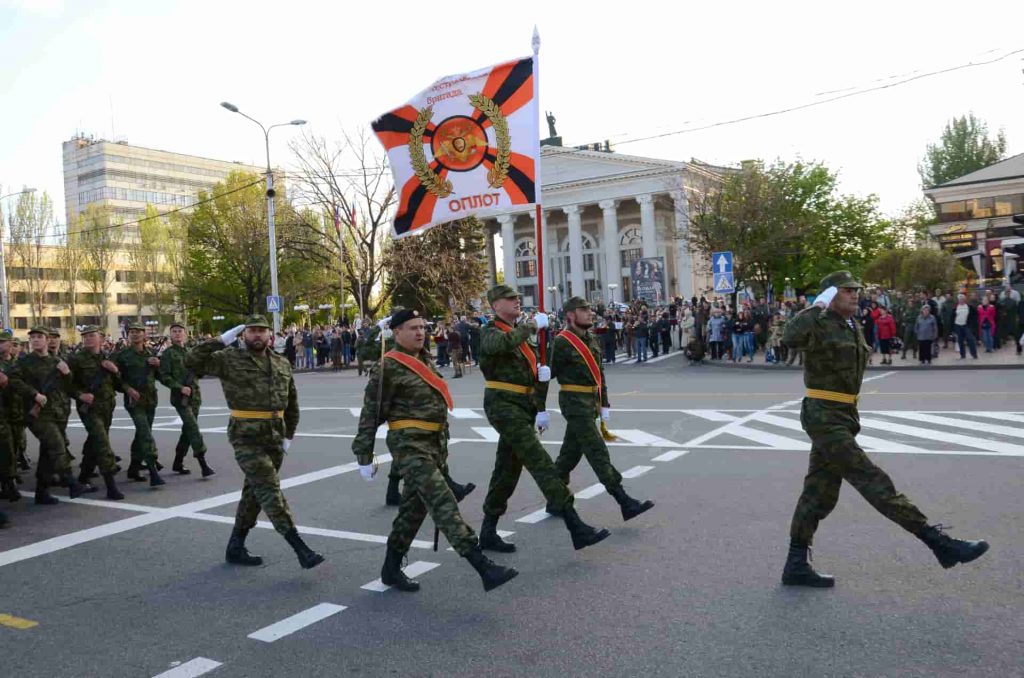
In the aftermath of the 2014 Revolution of Dignity, pro-Russian citizens started concurrent protests, which escalated to a fierce war between two large parts of heavily industrialised regions of Donbas (Donetsk and Luhansk) and the Ukrainian government. This led to Russian-backed separatists in the eastern region of Donbas declaring independence. The armed conflict has since killed over 14,000 people.
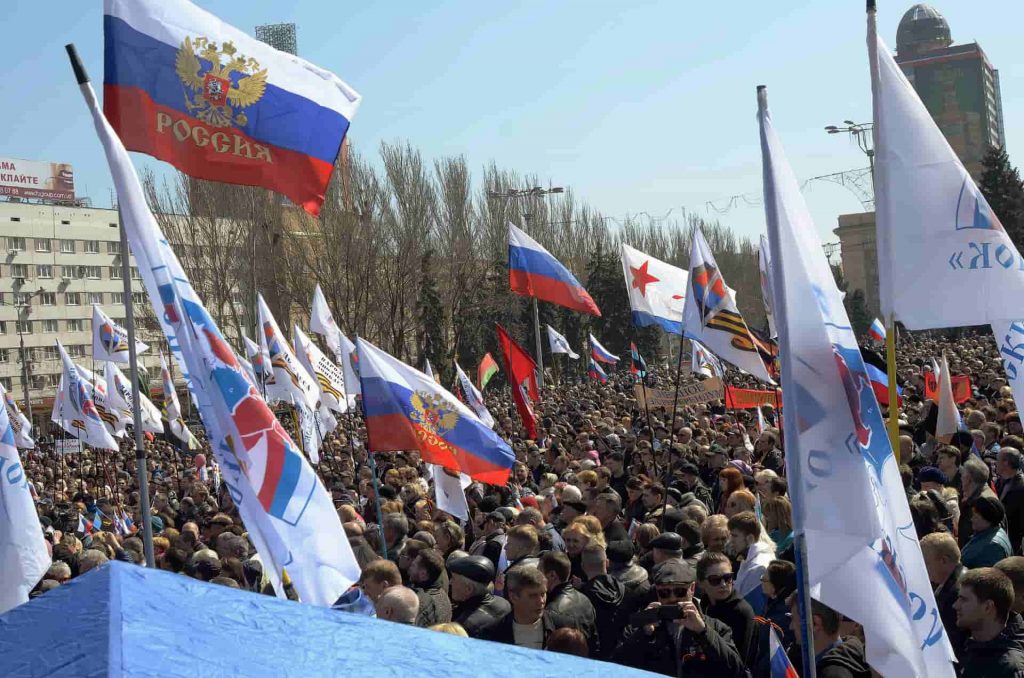
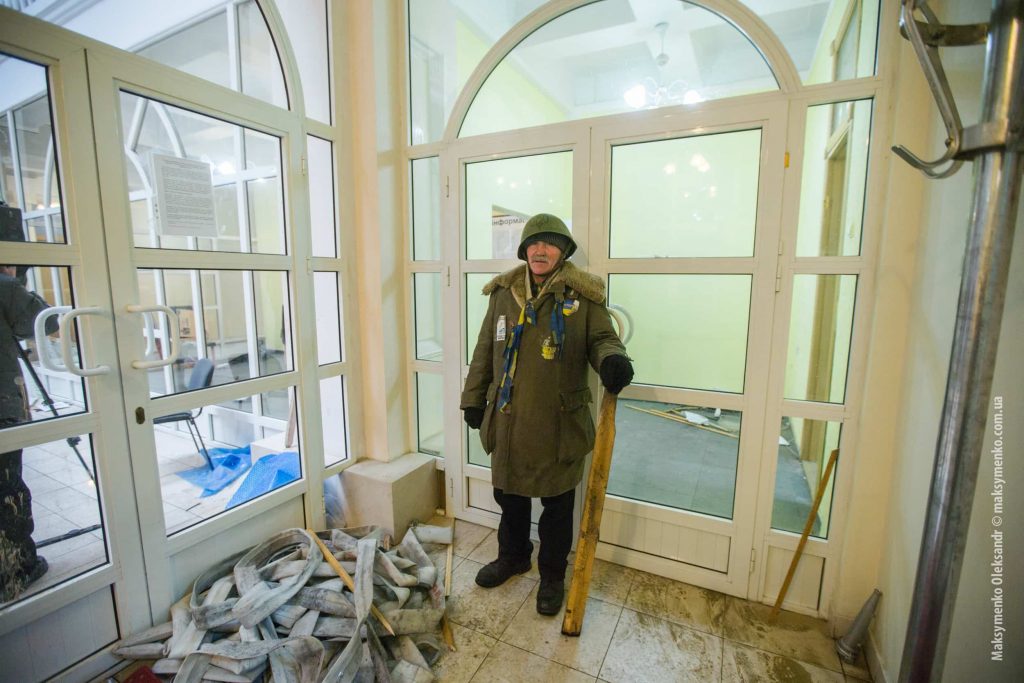
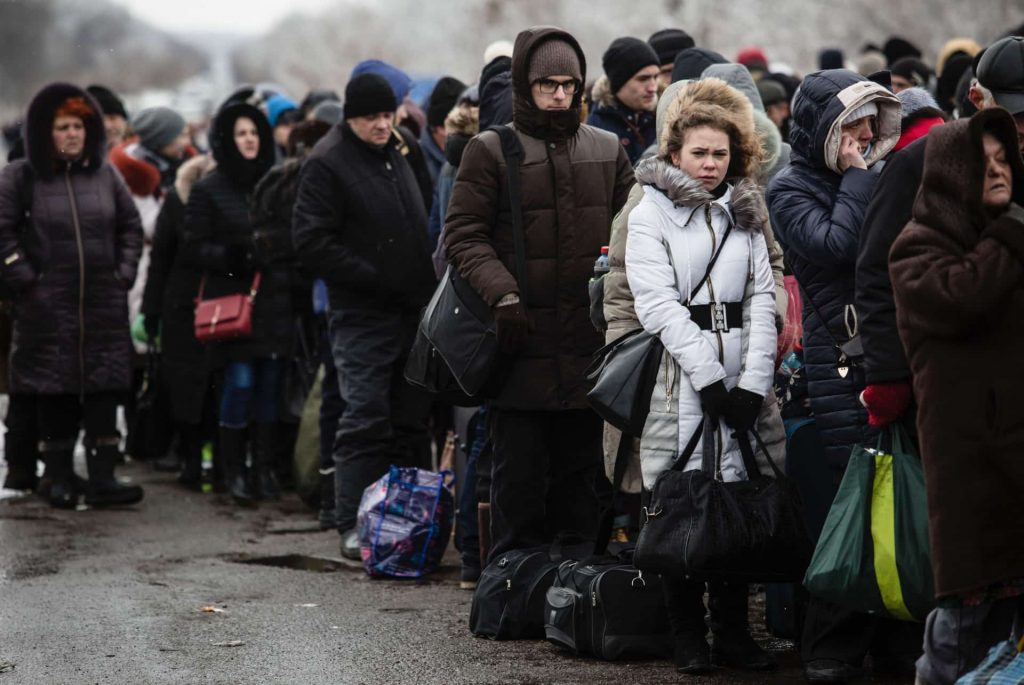
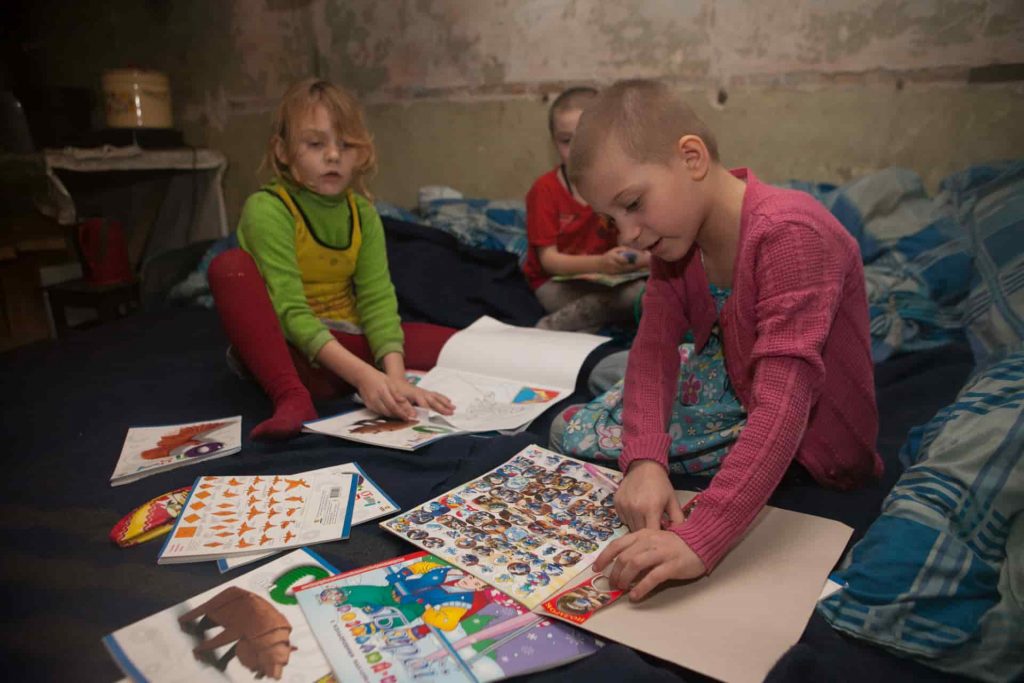
Annexation of Crimea by the Russian Federation (2014)
In February 2014, Russia finally invaded and subsequently annexed the Crimean Peninsula from Ukraine. This event took place in the aftermath of the Revolution of Dignity and is part of the wider Russo-Ukrainian War.
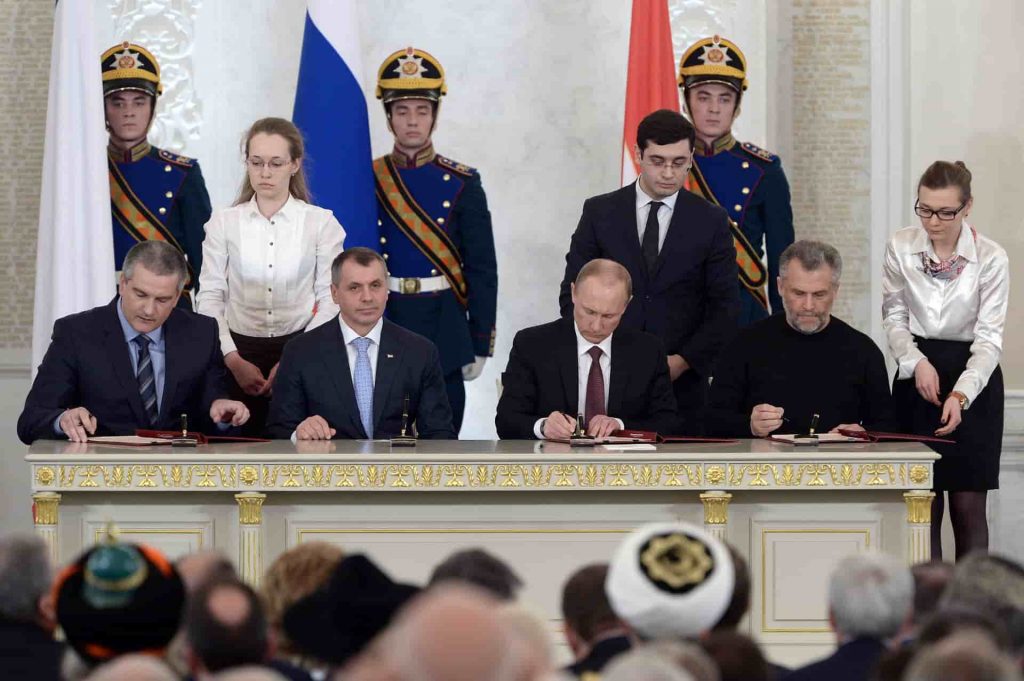
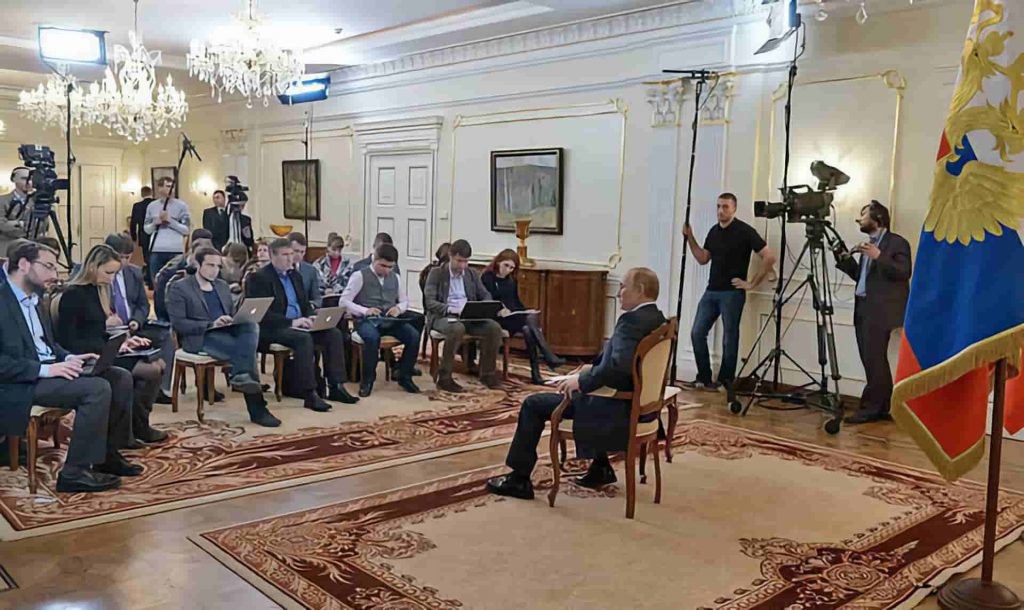
Zelenskyy wins presidential elections (2019)
In 2019, Volodymyr Zelenskyy, a comedian with no prior experience in politics became the seventh president of Ukraine. During the 2022 Russian invasion of Ukraine however, he proved to be a lion of a leader.
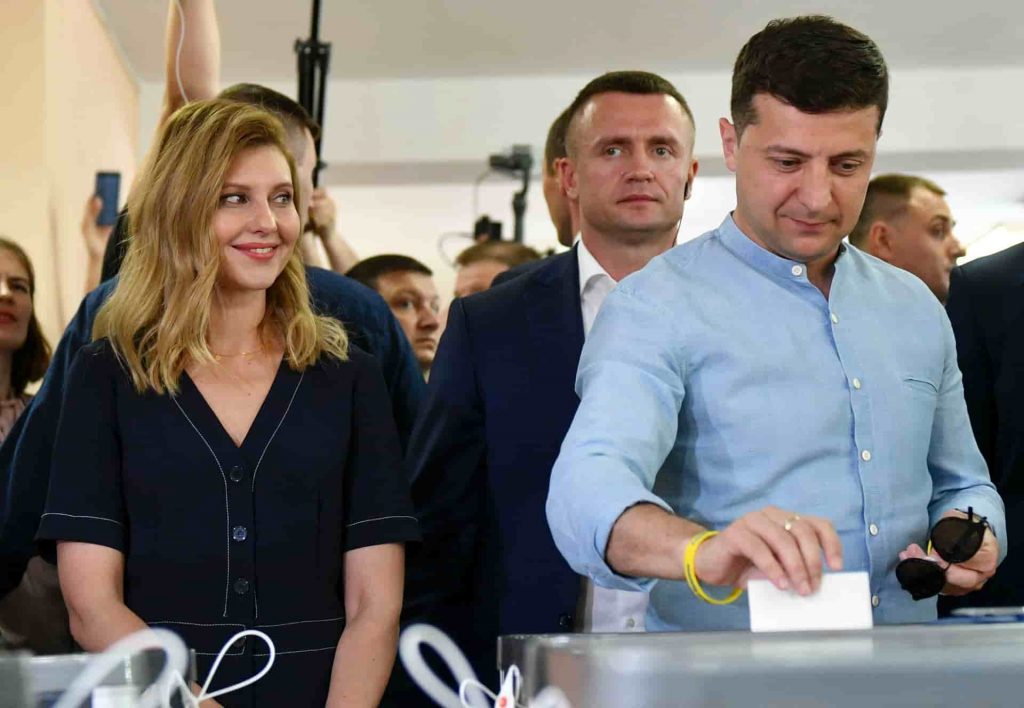
The Russian invasion of Ukraine (2022)
In 2022, Russian President Vladimir Putin recognised two separatist territories in eastern Ukraine as independent states. He launched a military invasion. Amongst his excuse was the denazification of Ukraine’s government, even though the country is governed by a Jewish president.
